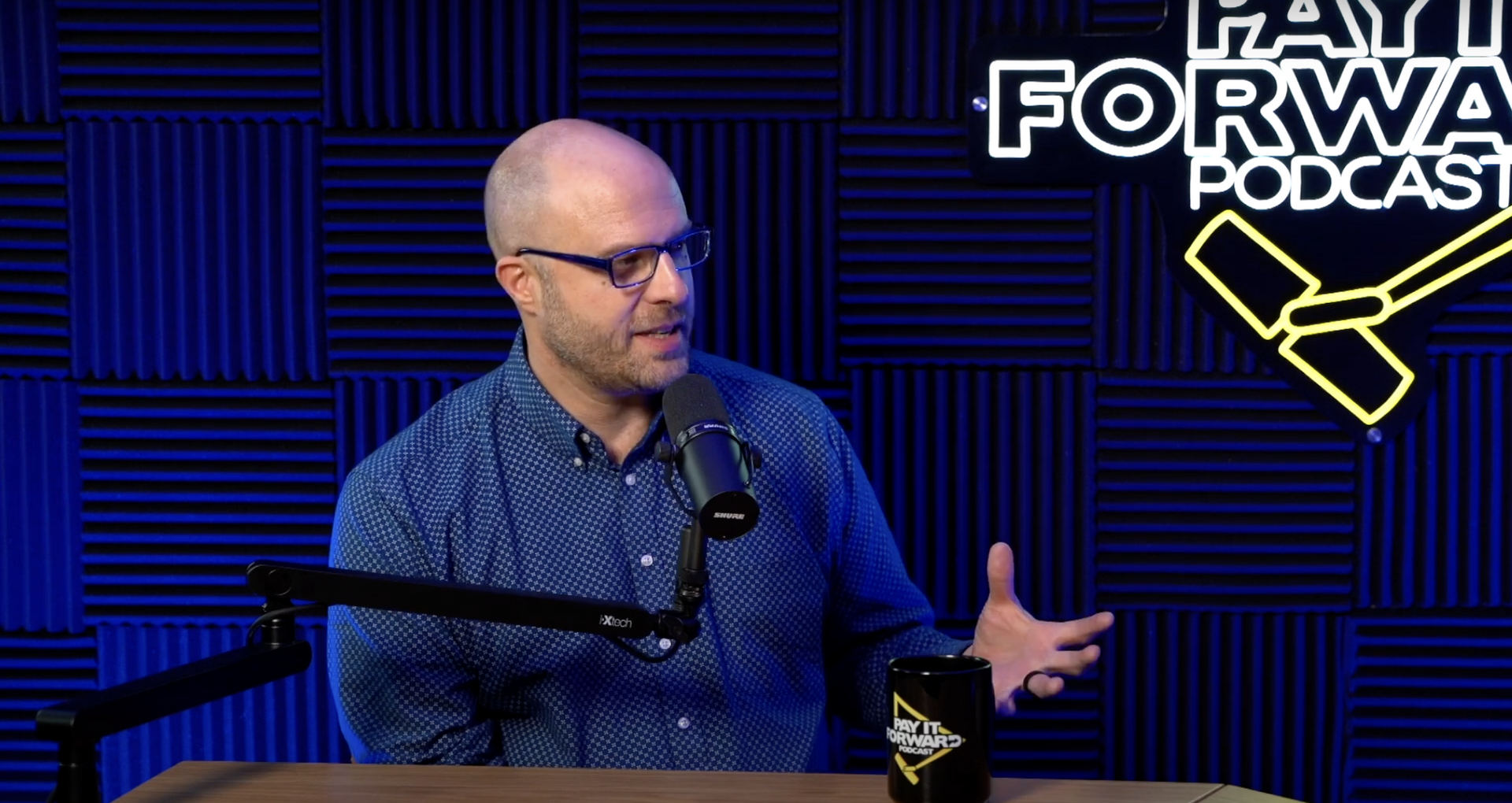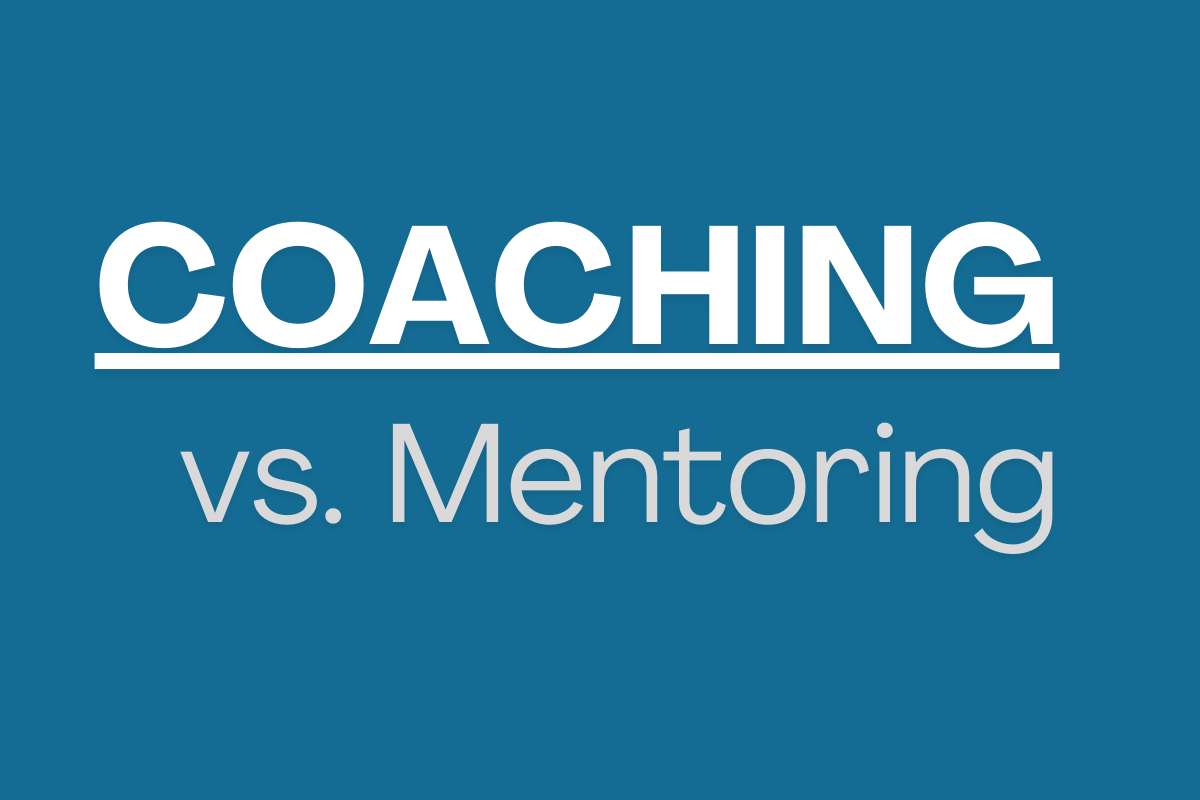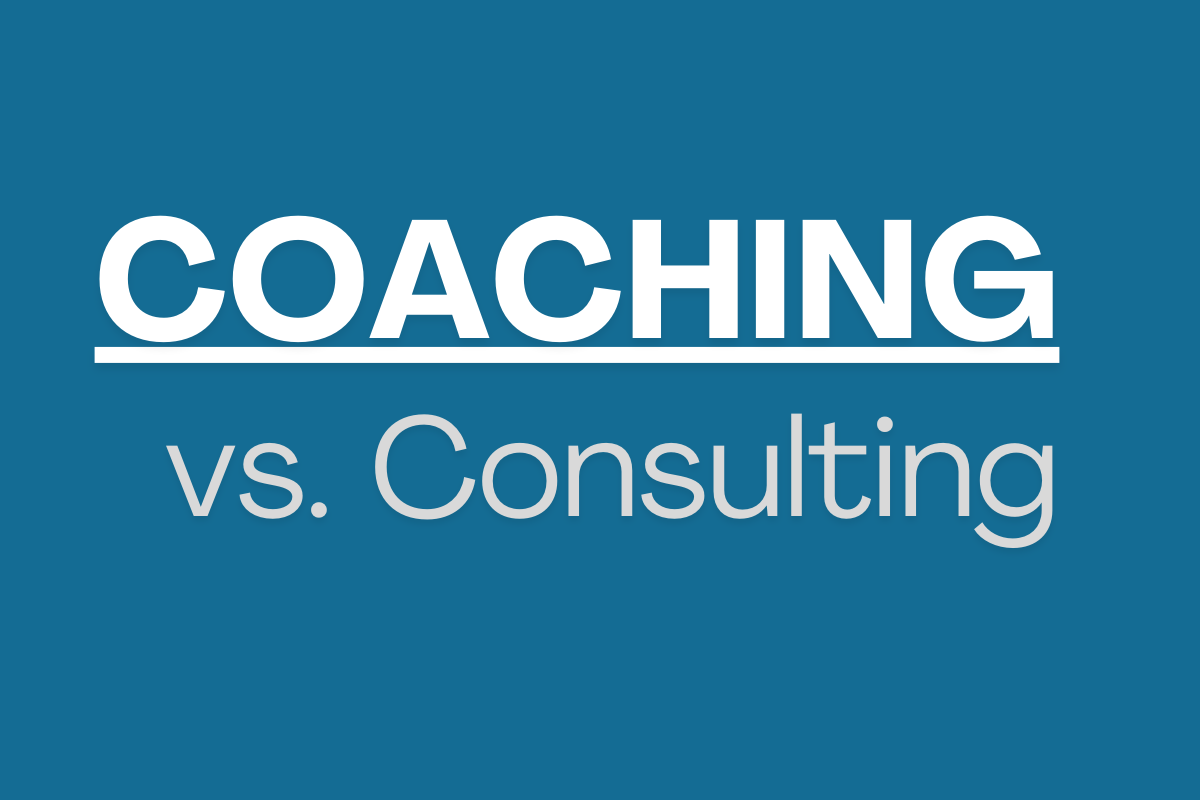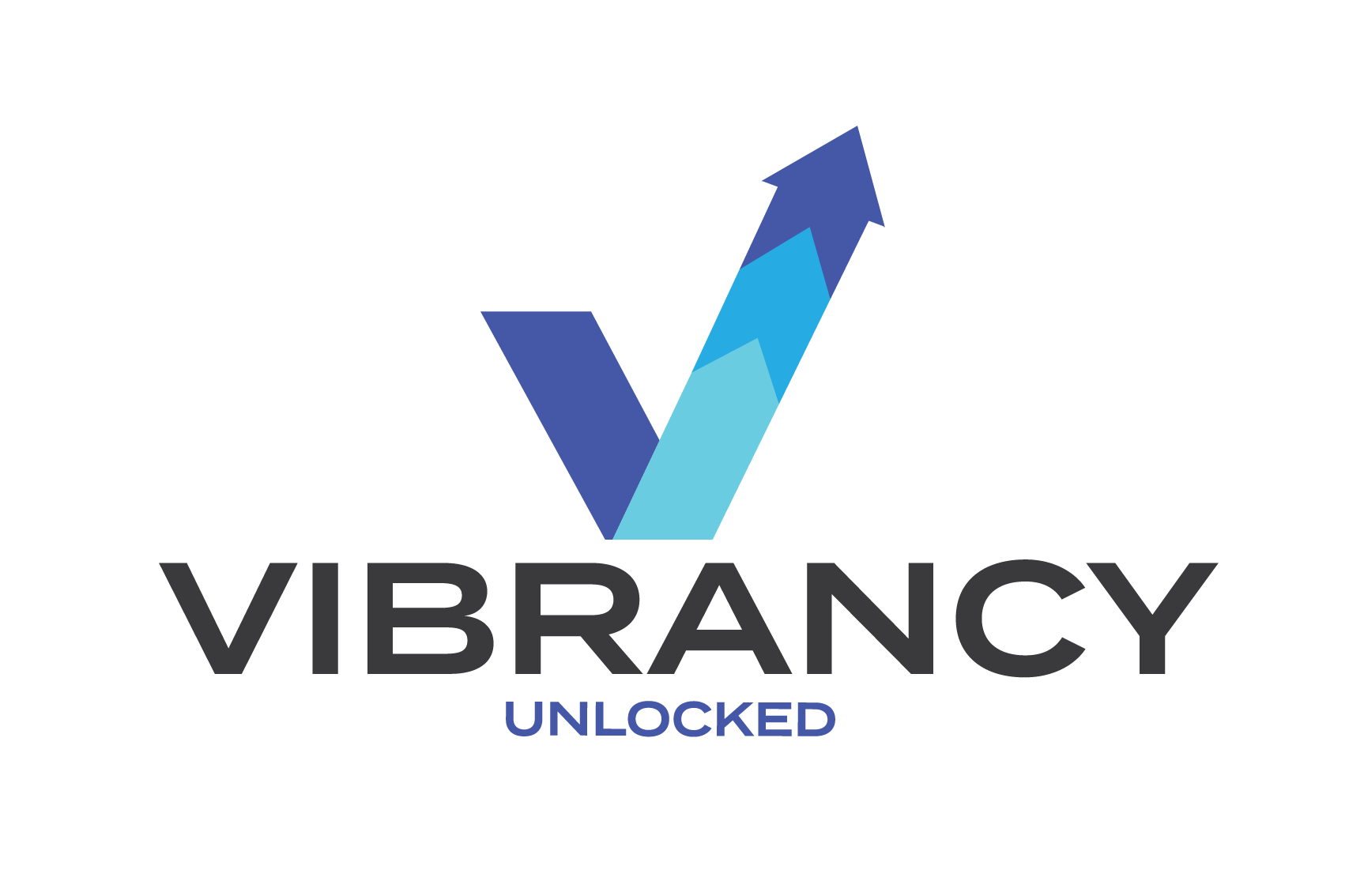Coaching vs. Therapy: What's the Difference?
Brent Hafele is President and CEO of Vibrancy Unlocked.
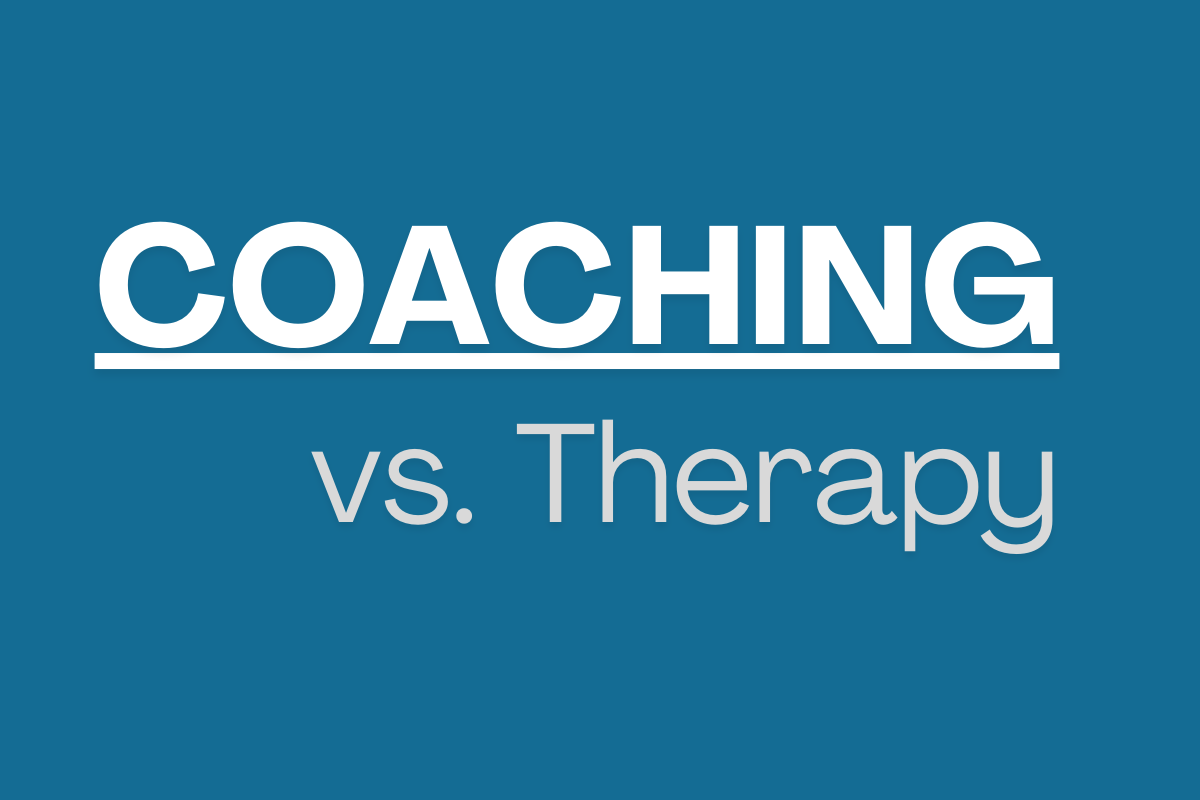
The role of CEO can be extremely lonely. The pressures of decision-making, hiring and firing, and team dynamics are only some of the burdens a CEO carries. The problem is that most CEOs carry these burdens by themselves. At the end of the day, who can they talk to?
You can’t always talk to your team because it is awkward or inappropriate.
You don’t want to freak out the ownership/board/partners.
Your friends don’t understand, and
Your family is tired of listening.
I believe in executive coaching because it gives CEOs a place to work through their struggles. But when I say that, don’t think that coaching is therapy. Both help improve a client’s life. Both are working to help a client in personal growth. Both maintain a high level of confidentiality, and both are best conducted in a safe, judgment-free environment. What makes coaching and therapy different is their focus.
Therapy generally assumes a pathology (something is wrong) and focuses on bringing the client/patient from the past into the present. A therapist will work to discover the reasons for a client’s behaviors and patterns. That involves looking to the past, to a person’s history. It generally involves exploring and addressing past traumas or events that hold the client back. In order to achieve a healthy baseline, a therapist will help the client understand how their behavior today is influenced by the past.
But coaching assumes the client is healthy and focuses on bringing the client from the present into the future. Coaches assume that the client has the skills and capacity to successfully navigate their reality. While the past is relevant, the focus is on the future. As such, it's the coach's role to help draw out, encourage, and support the client's strengths and next steps. In this role, the coach serves as a thought partner and guide.
An executive coach mainly focuses on how to improve the workplace and how to improve management skills. Because stress and isolation are prevalent for CEOs, a coach will develop goals to reduce stress, improve time management, and address bad habits. Sometimes the problem is low employee engagement. A coach will help a CEO learn how to cultivate a healthier workplace, which will improve employee engagement.
According to Robert Denker, this is the focus of executive coaching:
- Connect development to critical leadership skills or strategic skill gaps
- Prepare leaders to adapt to changes in business strategy, direction, or challenges
- Translate feedback from managers, peers, and direct reports into action
- Reinforce leader alignment with organizational values
- Facilitate challenging and cost-efficient on-the-job learning
- Foster an organizational culture of coaching
(“Executive Coaching is Not Therapy or Counseling.” RDP. https://www.rdpusa.com/executive-coaching-not-therapy-counseling/)
In the end, executive coaching focuses on the health, performance, and vitality of the leader. I like to call that vibrancy! When the CEO is working at optimal performance, that will improve the entire organization. Again, the focus is on bringing the CEO from the present and into a better future.
Coaching and therapy both have value; you’re the best judge of which one you need.
Executive coaching is a great investment for you and your organization. Vibrancy Unlocked coaches CEOs to thrive so they build a better workplace. Contact us at www.vibrancyunlocked.com.


